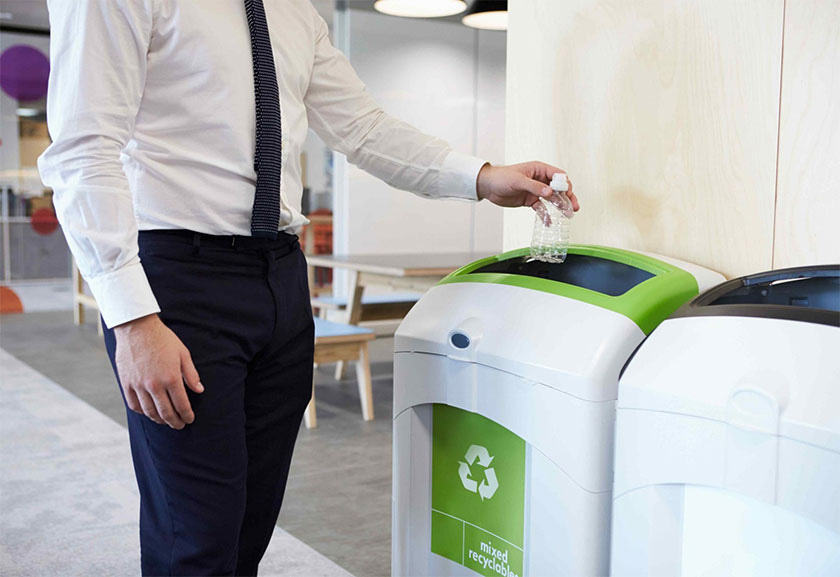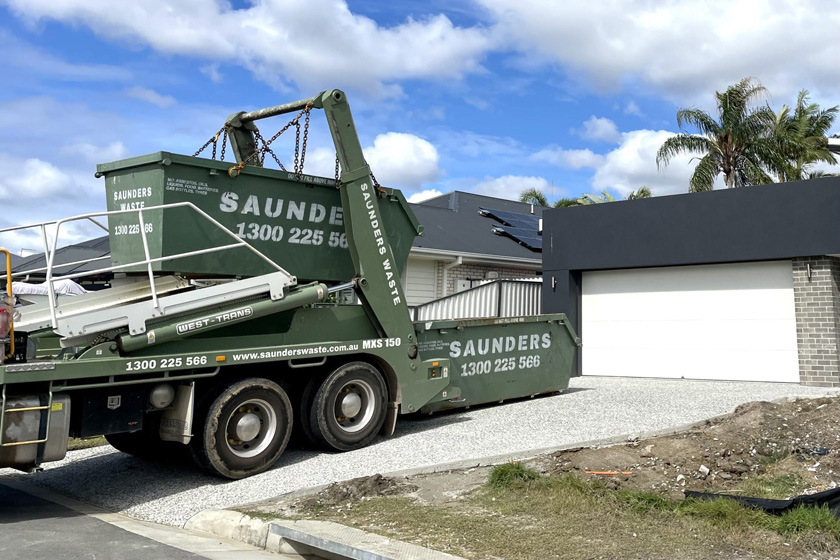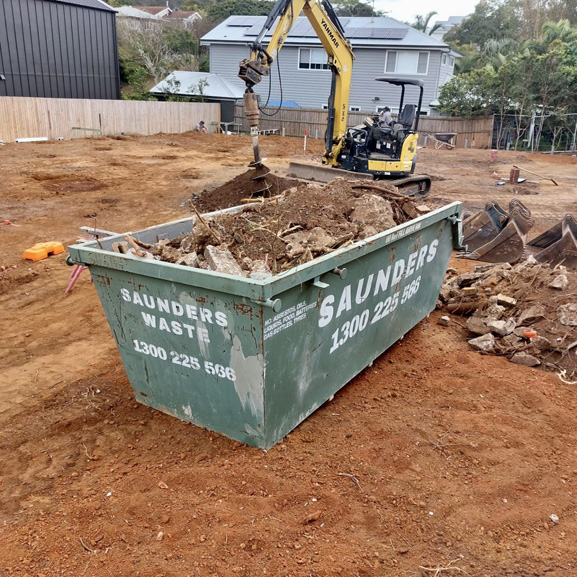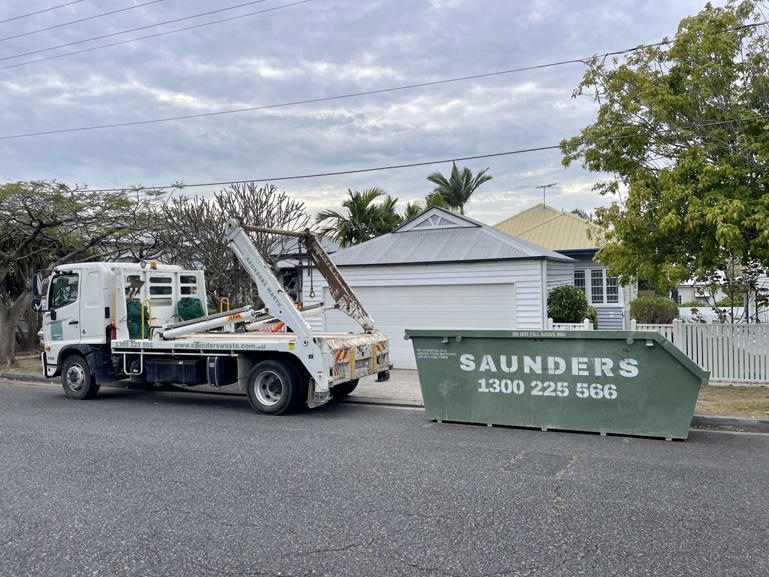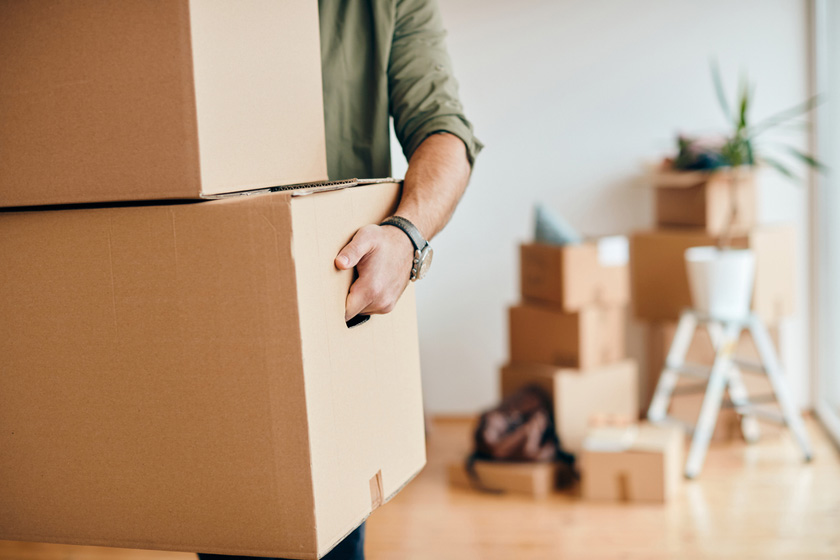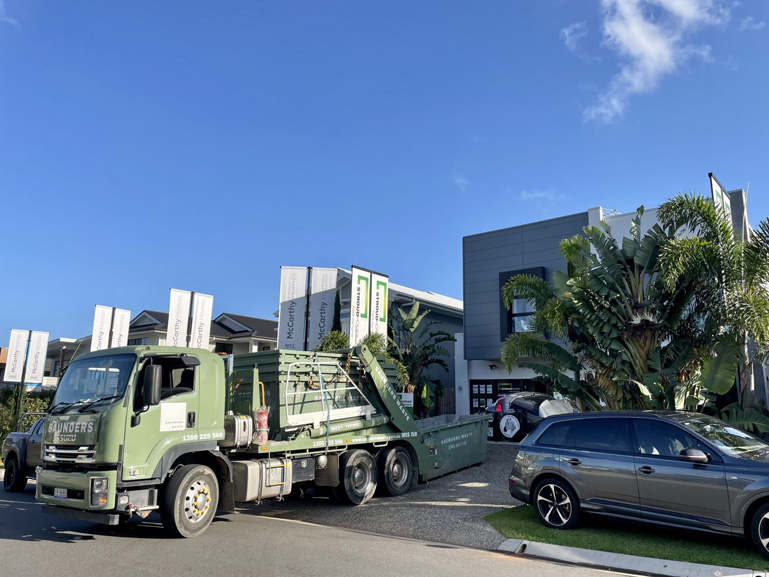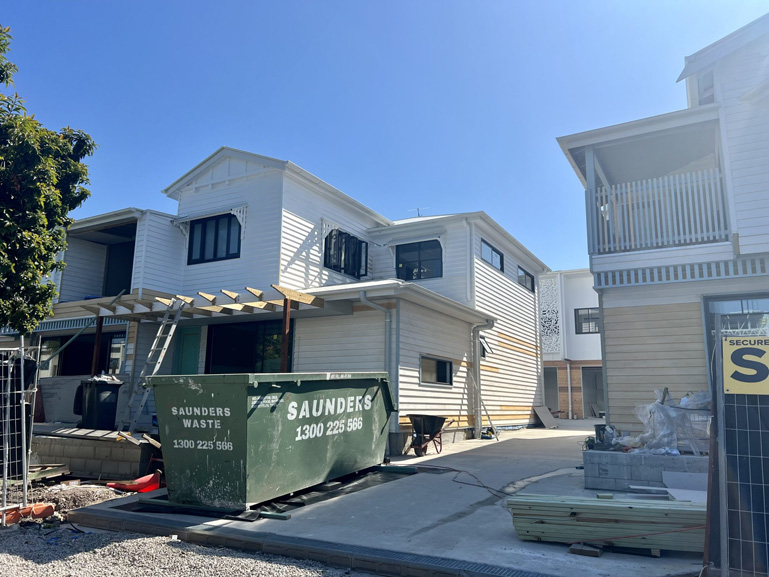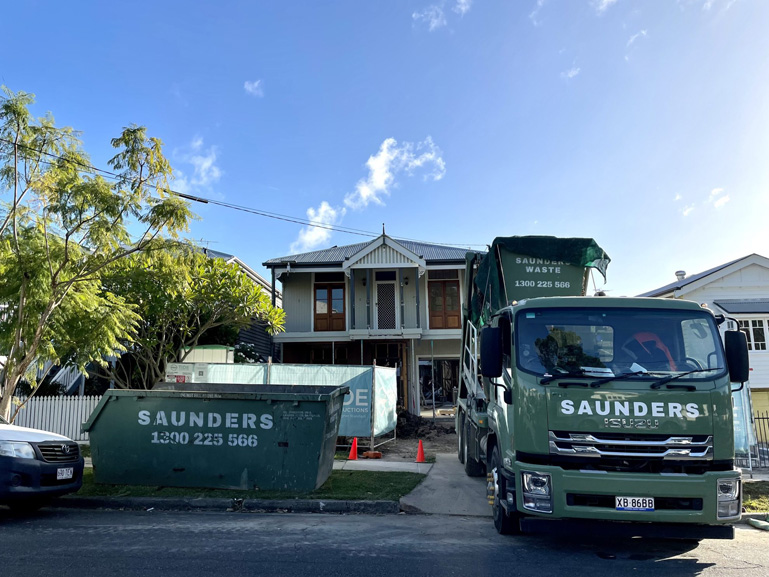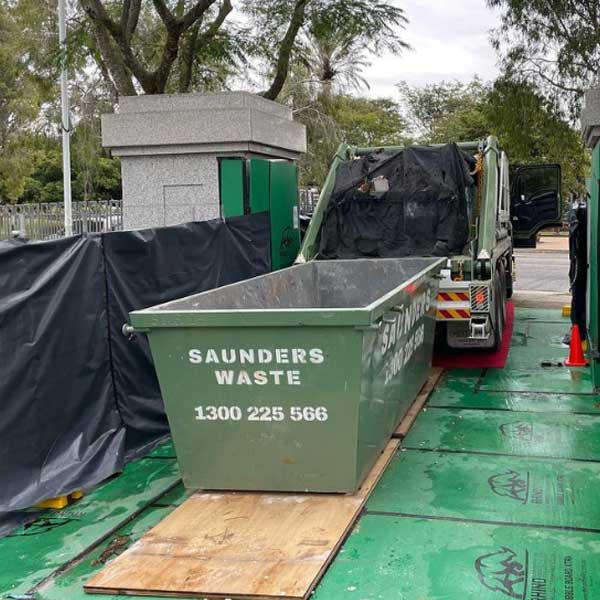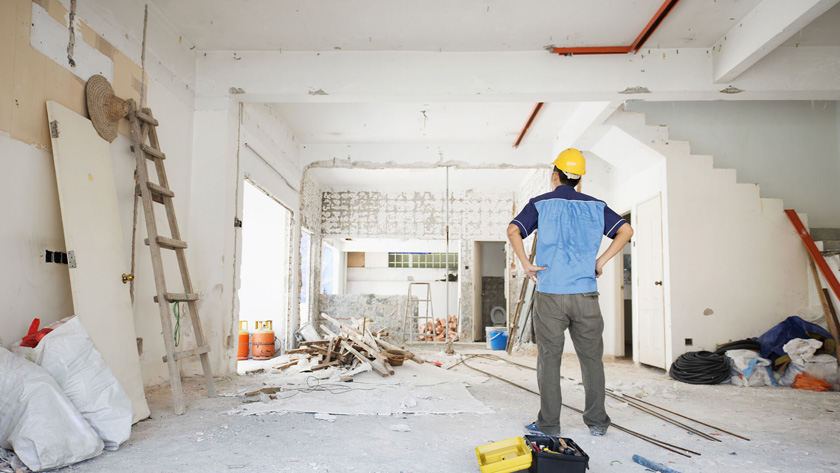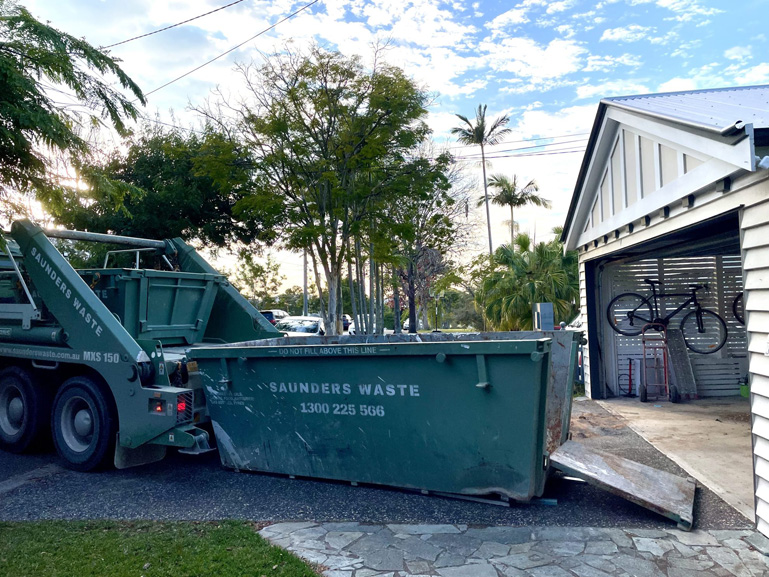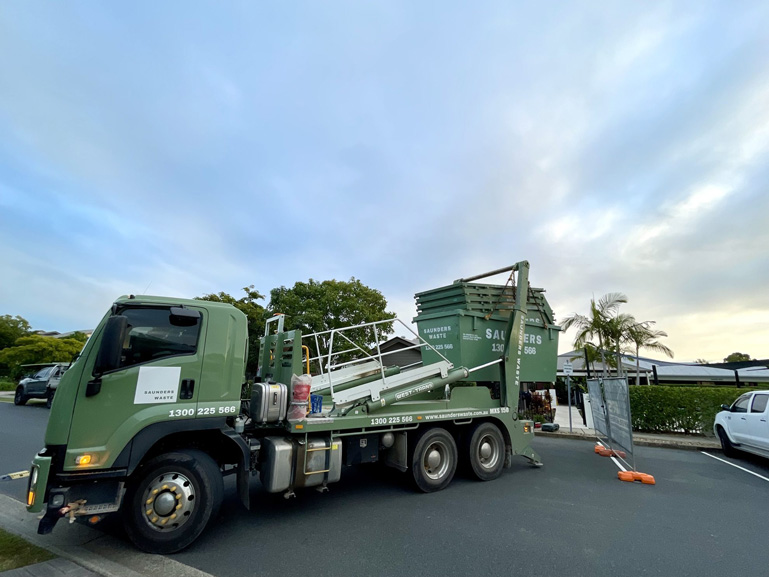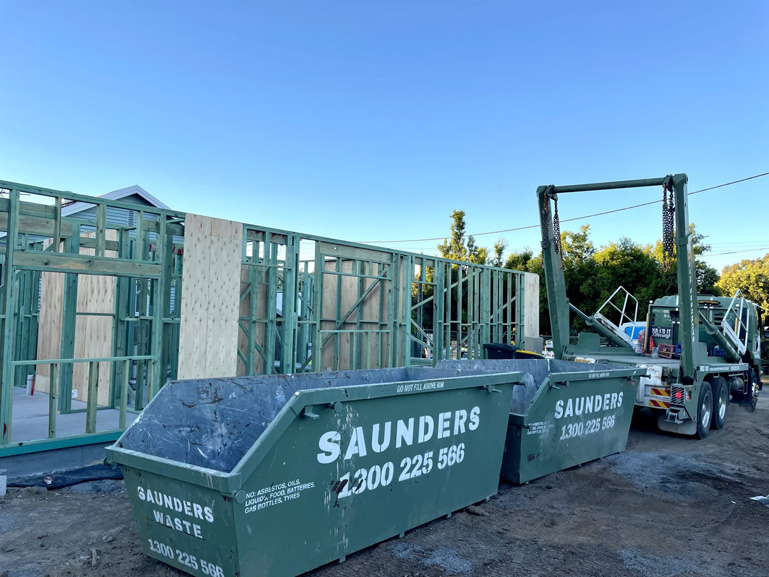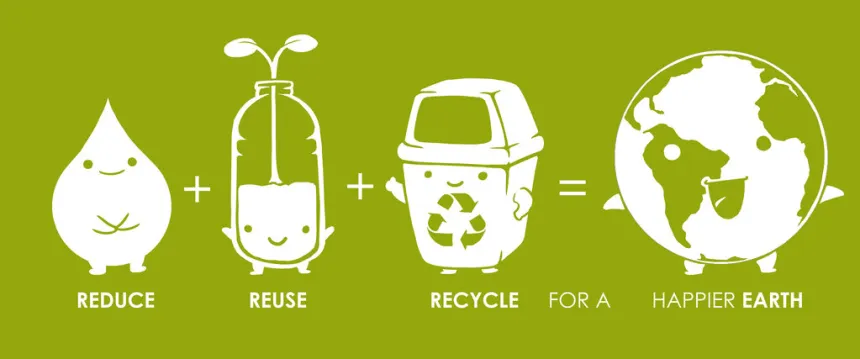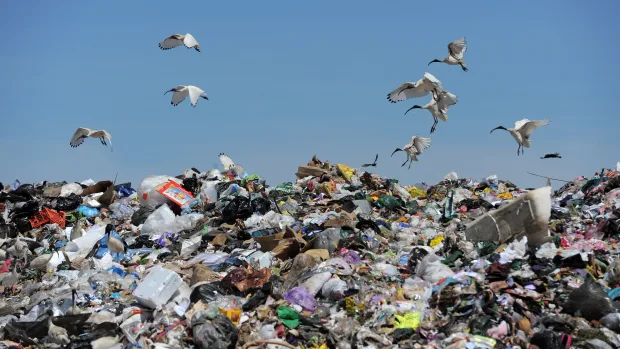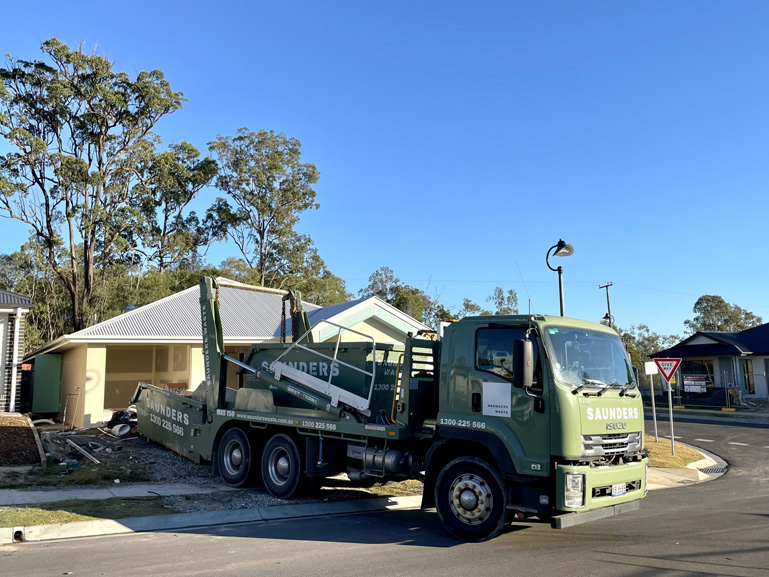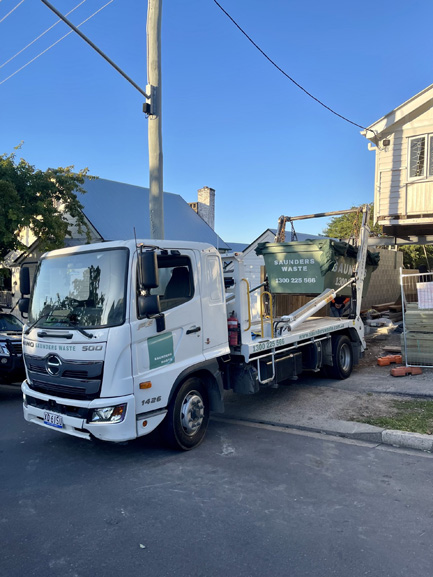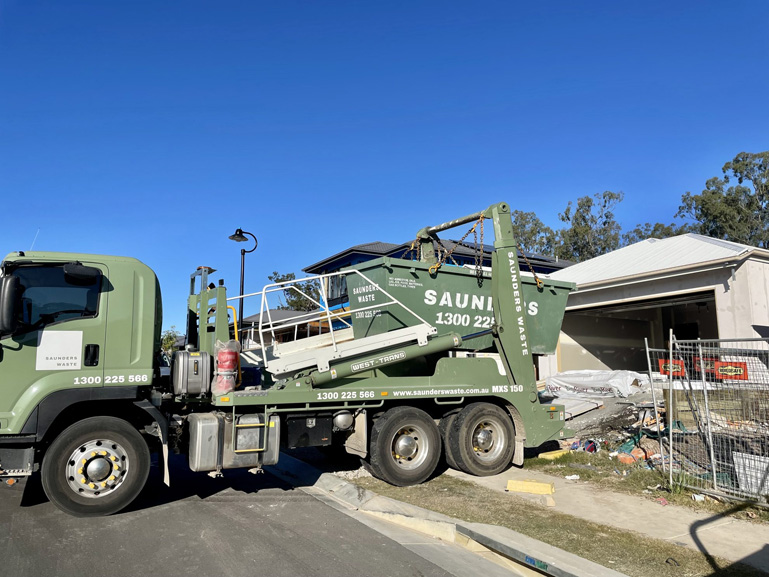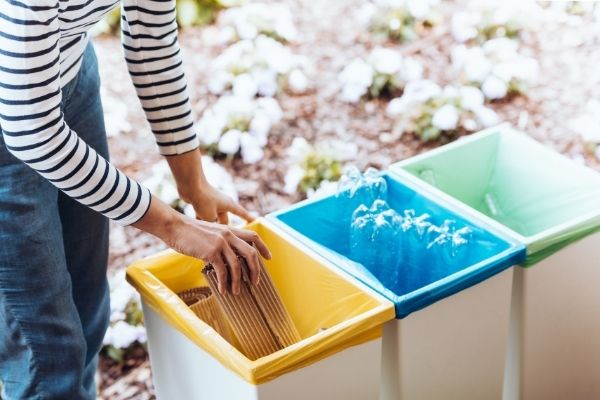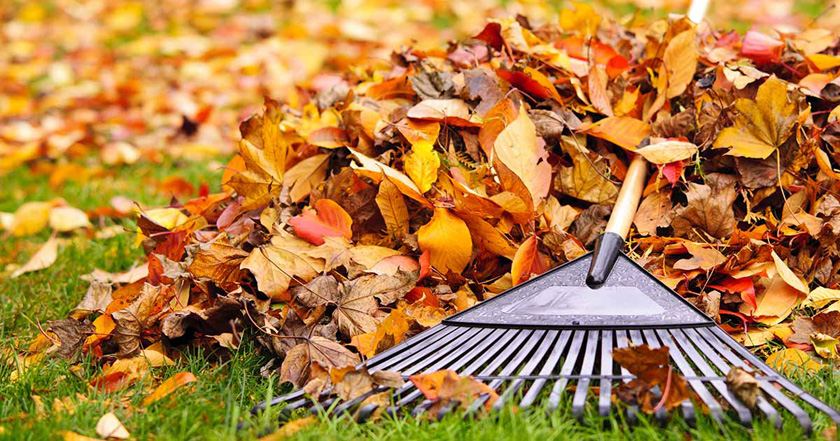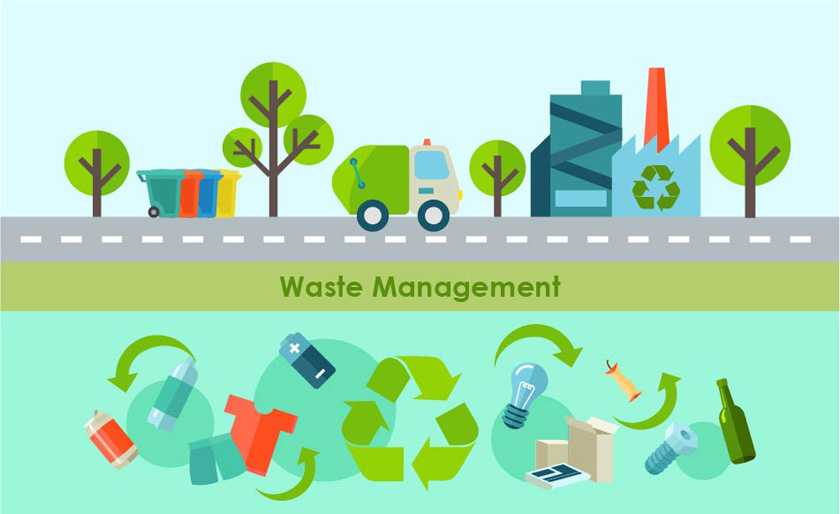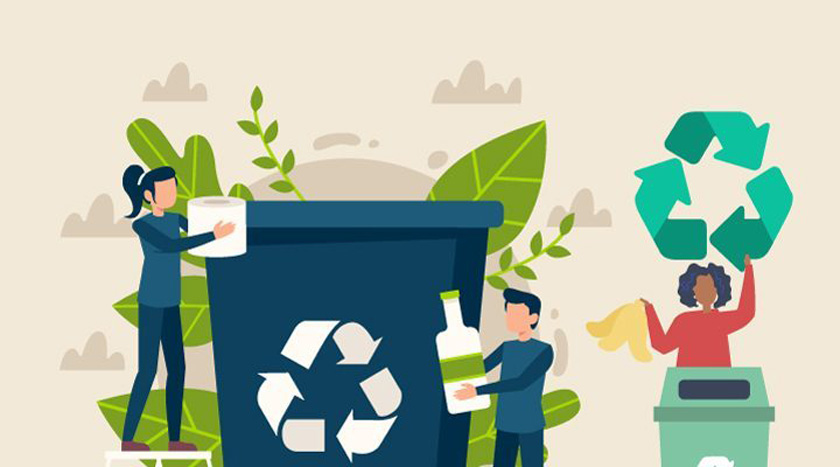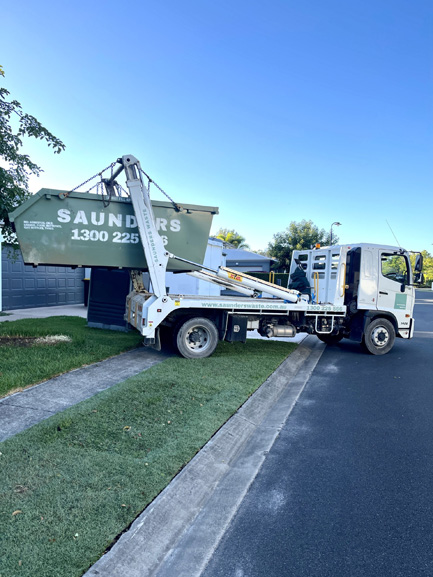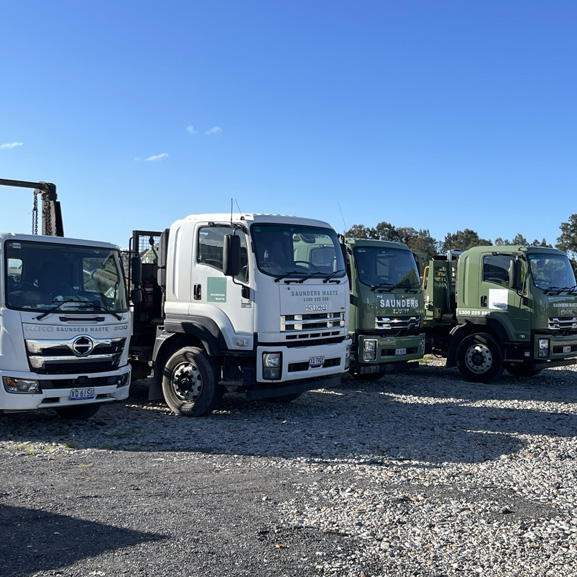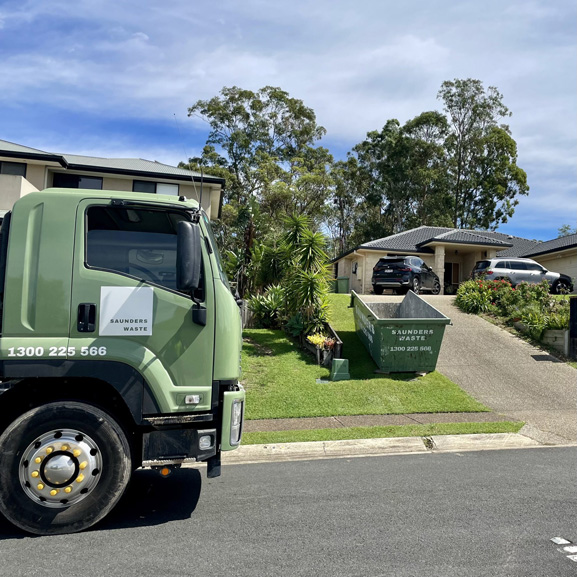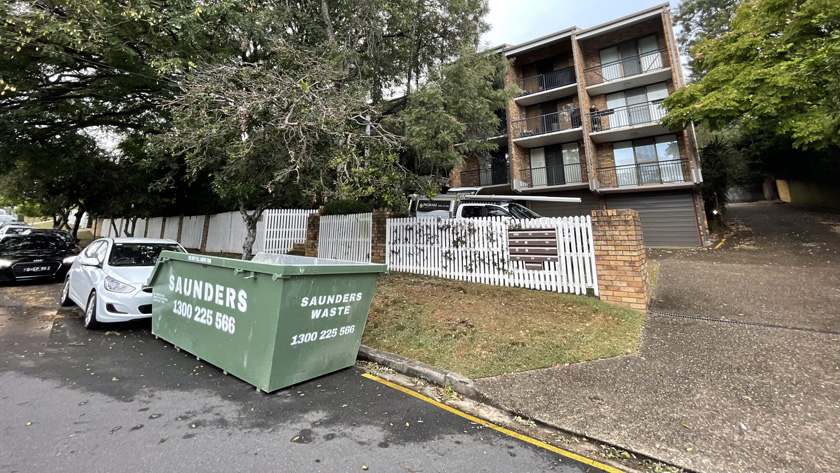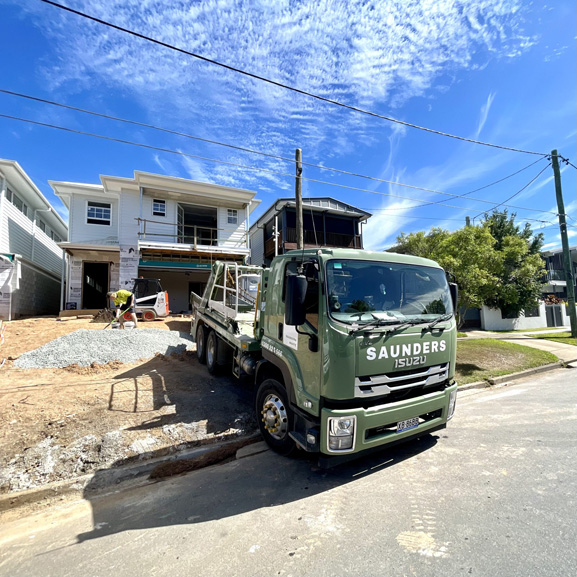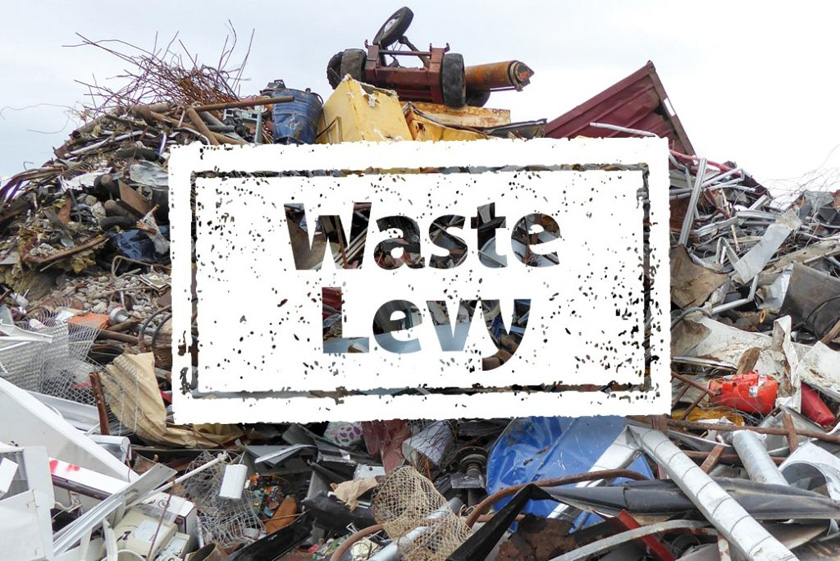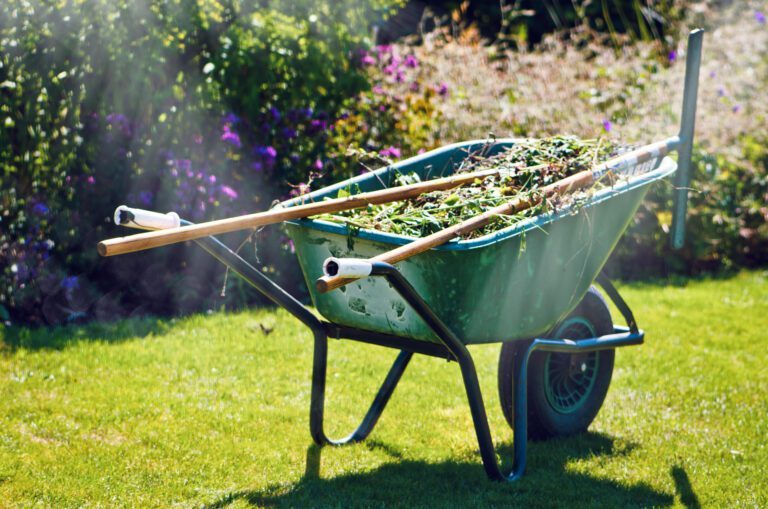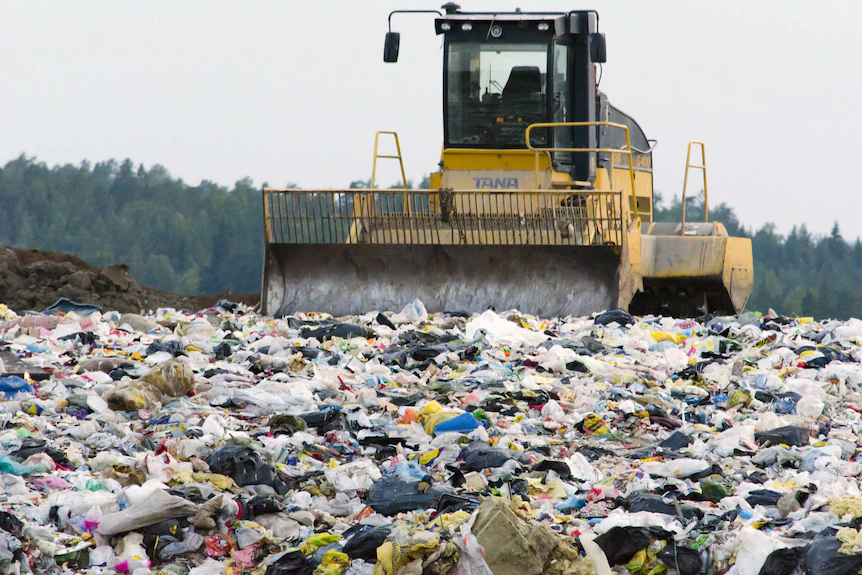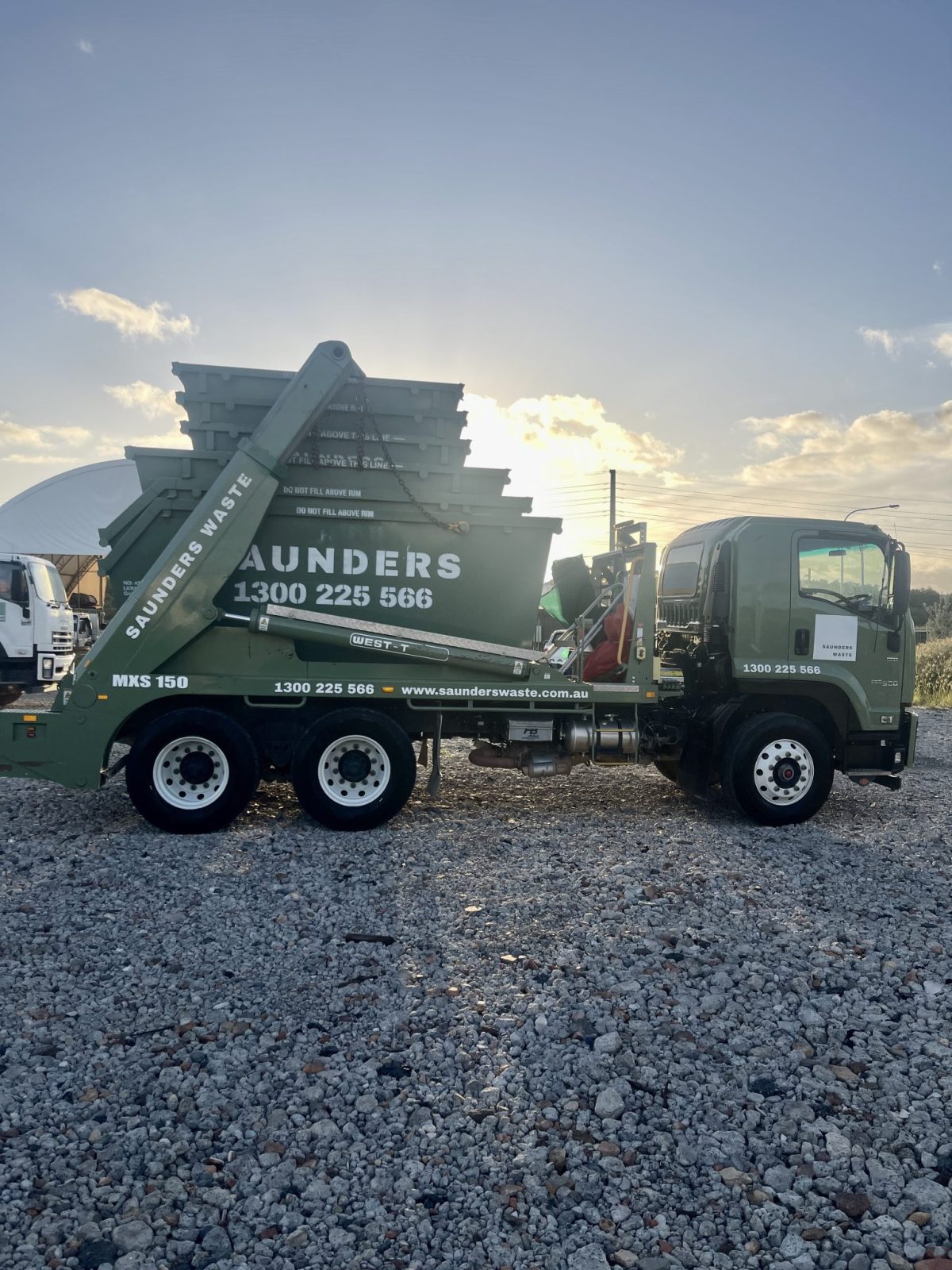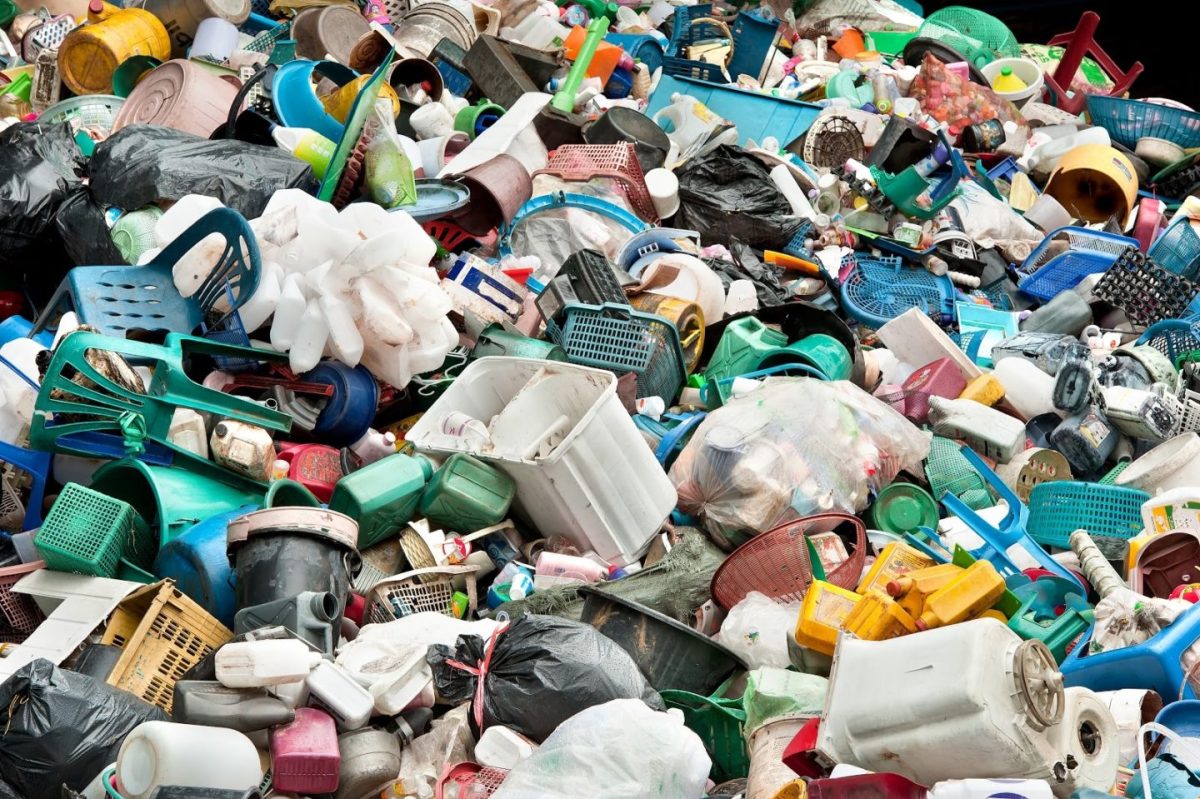Introduction to Sustainable Waste Management:
In the bustling business landscape of Brisbane, the need for sustainable waste management has never been more crucial. As offices continue to thrive and grow, so does the challenge of handling the waste generated from day-to-day operations. This blog aims to shed light on the importance of sustainable waste management for office consumables in Brisbane and offers tips on how businesses can adopt responsible practices. We’ll also explore how skip bins emerge as a sustainable and eco-friendly solution for managing office waste in Brisbane.
The Importance of Responsible Waste Management:
In a world increasingly conscious of its environmental impact, businesses in Brisbane are recognizing the need for sustainable waste management. The disposal of office consumables, including paper, plastic, and electronic waste, contributes significantly to environmental degradation. Responsible waste management not only reduces the carbon footprint but also aligns businesses with a positive corporate social responsibility (CSR).
Tips for Responsible Waste Management:
Implement a Recycling Program:
Introduce designated bins for recyclables like paper, cardboard, and plastic within the office premises. Educate employees about the importance of recycling and provide clear guidelines on what items can be recycled.
Reduce Single-Use Items:
Encourage the use of reusable items such as mugs, water bottles, and containers to minimize single-use plastic waste. Consider alternatives to disposable office supplies, such as refillable ink cartridges and rechargeable batteries.
Electronic Waste Disposal:
Establish a system for the proper disposal of electronic waste, including old computers, printers, and other electronic devices. Partner with e-waste recycling facilities to ensure the safe and environmentally friendly disposal of electronic waste.
Composting Organic Waste:
If your office has a kitchen or cafeteria, set up compost bins for organic waste like food scraps and coffee grounds. Use compostable materials for office events and gatherings to reduce the impact of organic waste on landfills.
Educate and Engage Employees:
Conduct workshops and training sessions on waste management practices.
Foster a sense of responsibility among employees, encouraging them to actively participate in waste reduction efforts.
Skip Bins: An Eco-Friendly Solution for Brisbane Businesses
Skip bins offer a convenient and eco-friendly solution for managing office waste. These large containers are suitable for various types of waste and are available in different sizes to accommodate the specific needs of businesses. Here’s why skip bins are a great choice for Brisbane businesses:
Versatility:
Skip bins can handle a wide range of waste materials, including paper, cardboard, plastics, and even bulky items like furniture or electronic waste.
Efficiency:
Skip bins are efficiently emptied and replaced, ensuring a seamless waste management process without causing disruptions to daily operations.
Environmentally Friendly:
Reputable skip bin providers prioritize environmentally friendly waste disposal methods, ensuring that a significant portion of the waste is recycled or processed responsibly.
Compliance with Regulations:
Using skip bins from licensed providers ensures compliance with local waste disposal regulations, reducing the risk of legal issues for businesses.
Conclusion:
In conclusion, the effective management of office consumables in Brisbane requires a proactive approach towards responsible waste disposal. By adopting eco-friendly practices, such as recycling programs, waste reduction initiatives, and the use of skip bins, businesses can contribute to a healthier environment while enhancing their corporate image. Embracing sustainable waste management not only benefits the planet but also sets a positive example for employees and clients alike, fostering a culture of environmental responsibility within the business community.
Check out our latest two blogs below.
Choosing the Right Waste Disposal Solution
Budget-Friendly Tips for Skip Bin Hire
Follow us on our socials below.
Subscribe to our Youtube Channel here!

